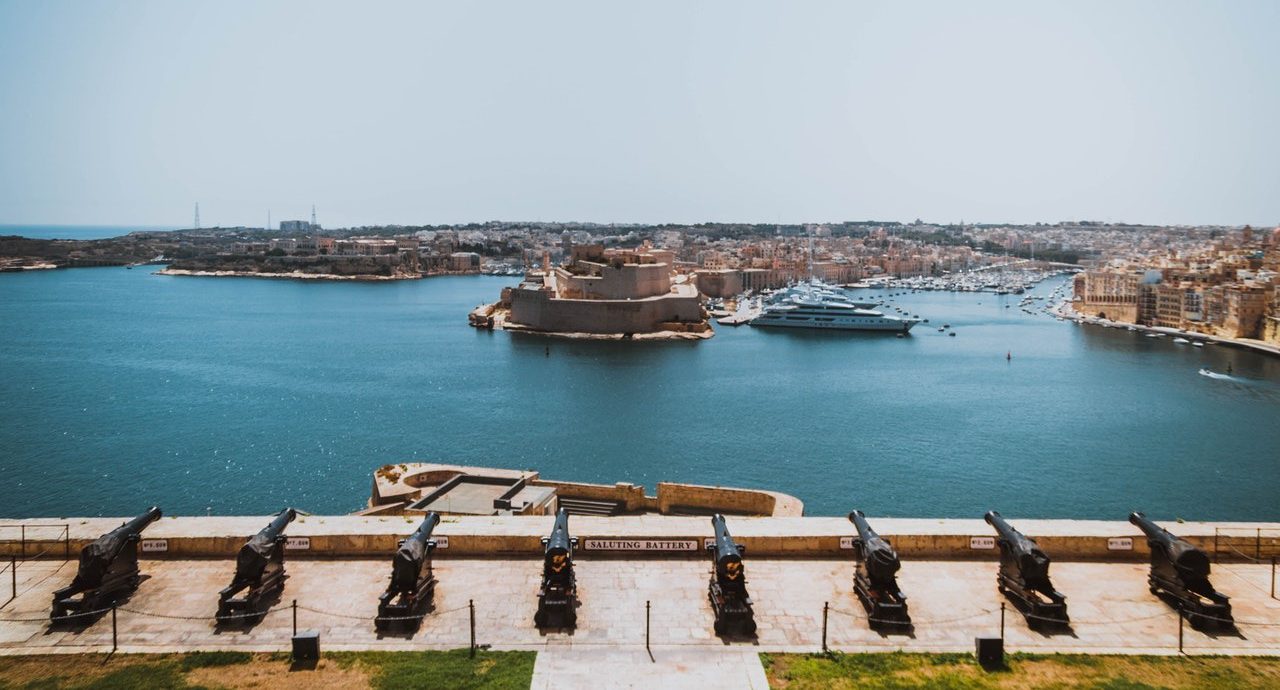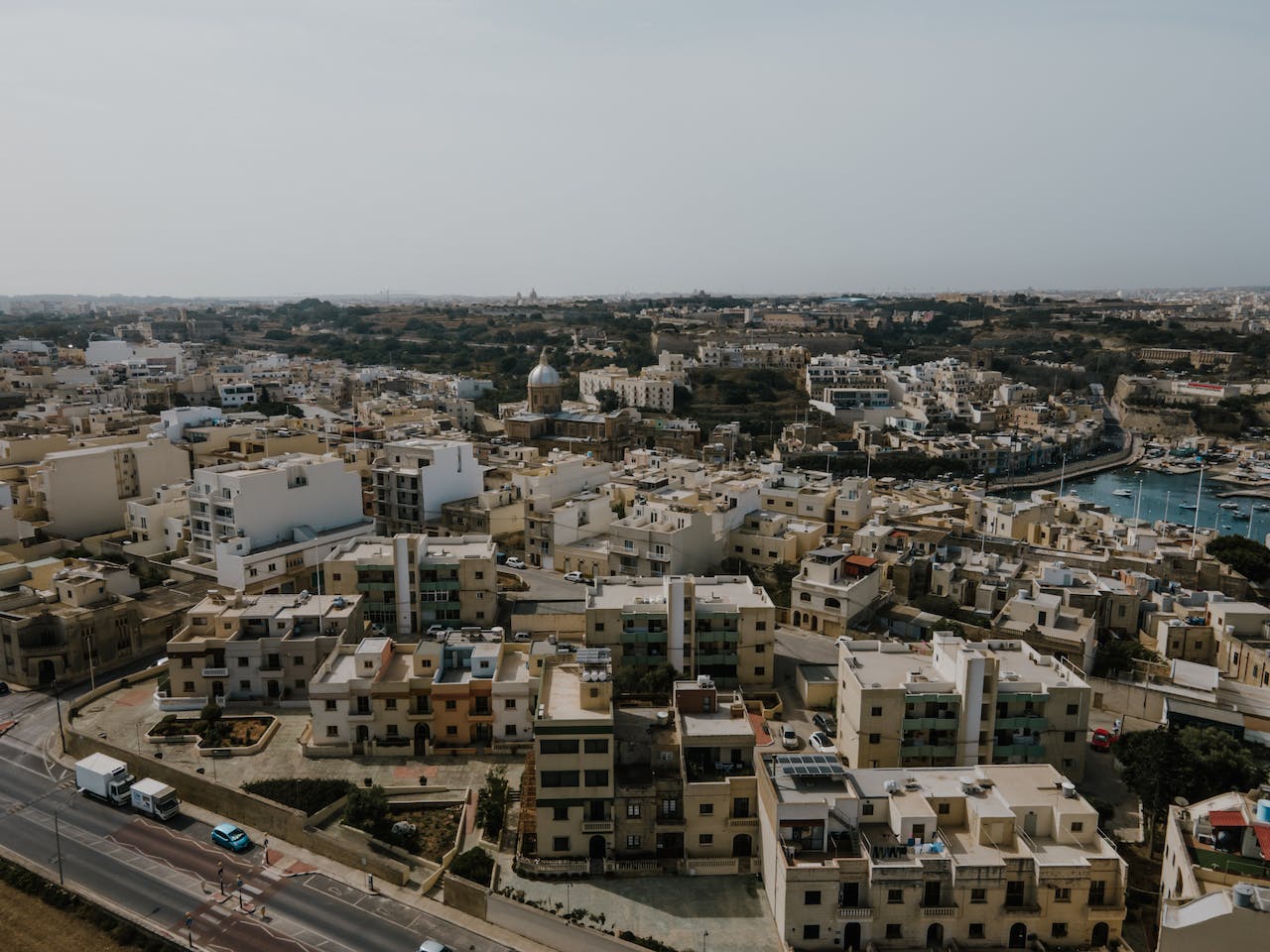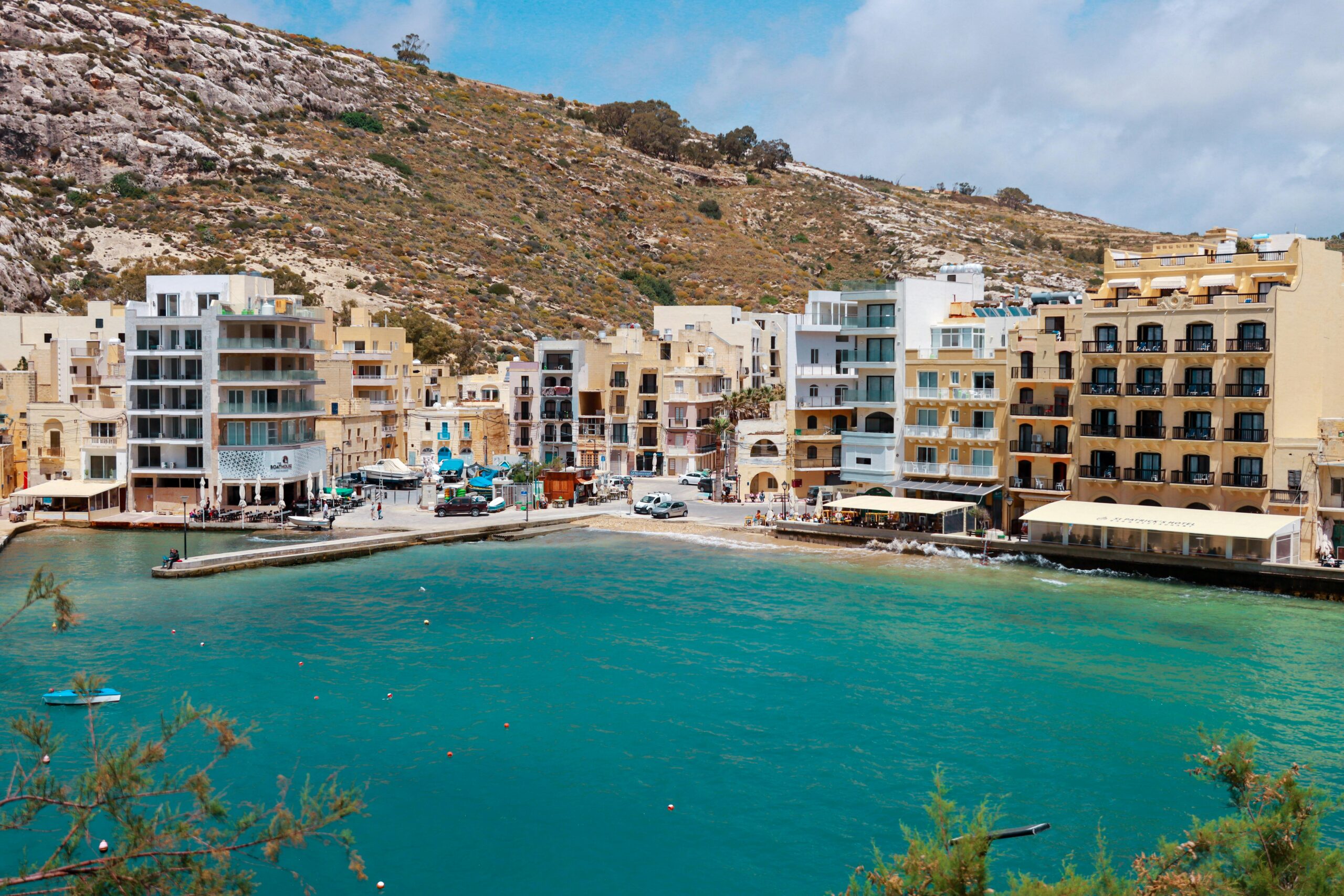All of Malta breathed a collective sigh of relief late on Wednesday as reports that it will no longer be a grey-listed jurisdiction made their way through the grapevine. The result of much hard work and sacrifice by all stakeholders, from banks to common citizens by way of economic players and the political class, the decision, if, or when, it is formally announced this Friday, will rightfully be considered a feather in the cap of the nation.
With the country on the cusp of a positive outcome, it can be easy to forget that the Government’s initial reaction to the greylisting was not particularly graceful.
Following the unwanted historic announcement, Prime Minister Robert Abela took to the airwaves alongside Minister Caruana to decry the decision as “unjust”.
The outburst led FATF president Marcus Pleyer to urge the local authorities “not to downplay the deficiencies that exist”, citing “serious weaknesses” in the fight against “organised crime”.
The FATF undoubtedly had a lot it could pick on, with Malta effectively leaving itself exposed to international pressure. Minister Caruana’s pleading for a purely technical assessment betrayed a lack of political acumen that was surprising for someone so long involved in policy, which is itself but a function of politics.
To lament the seepage of political considerations in a state-determined nominally technocratic system is to miss the wood for the trees, and this despite the fact that political pressure was nothing new, even within the FATF itself, which is made up of 39 full member countries and two regional organisations (the European Commission and the Gulf Cooperation Council).
Its list of members is similar to that of the Organisation for Economic Co-operation and Development (OECD), but also includes China, Russia and India, making it a more globally representative organisation.
It bills itself as “the global money laundering and terrorist financing watchdog”, an “inter-governmental body that sets international standards that aim to prevent these illegal activities and the harm they cause to society”.
However, allegations of political considerations in what is nominally a technical process have been levied at the FATF before.
The organisation’s decision to keep Pakistan on the grey list last year raised eyebrows in the country, with analysts saying the goalposts had been shifted despite its high level of compliance. After it completed 26 out of the 27 tasks it was assigned to get delisted, the FATF handed Pakistan another six tasks.
A month later, India’s Minister for External Affairs Subrahmanyam Jaishankar claimed credit for the move, telling a party conference: “Due to us, Pakistan is under the lens of FATF and it was kept in the grey list. We have been successful in putting pressure on Pakistan and the fact that Pakistan’s behaviour has changed is because of pressure put by India by various measures.”
Pakistani officials claimed the statement confirmed what they had been saying all along: “India actively politicises and undermines the technical processes and spirit of FATF”, criticising the move for denting the FATF’s credibility.
Back in 2019, Tom Keatinge, director of the Centre for Financial Crime and Security Studies at the Royal United Services Institute, which touts itself as “the world’s oldest and the UK’s leading defence and security think tank”, questioned the even-handedness of the FATF’s decision, pointing out that members “have yet to ‘name-and-shame’ one of their own, despite the revelation of significant shortcomings in certain states such as Denmark”.
“Why would members vote to grey-list others,” he asked in a Financial Times op-ed, “when they themselves know that at some stage the tables will be turned?”
On the other hand, countries without full membership of the organisation have limited ways to defend themselves unless they can bring economic and political leverage to the table, which for a tiny country like Malta, is tantamount to joining a gun fight with a plastic knife.
Mr Keatinge observed that “less significant states have little choice but to bend to economic coercion to avoid financial isolation”, with politics and geopolitical interests “seemingly prevailing” when they collide with technical considerations.
“This threatens to undermine the FATF’s own goal of securing the integrity of the global financial system,” he wrote.
In another article, Mr Keatinge discussed the case of Iran, which until June 2016, was on the black list. It was one of only two countries to be deemed high-risk jurisdictions which are non-cooperative in global AML/CFT efforts, along with North Korea. Then, following the Iran nucluear deal in January 2016, the FATF suspended Iran’s blacklist status, despite there being little reason to do so when looking at it from a technical perspective. As European countries lost patience and came around to the view espoused by the US (which was meanwhile assassinating Iranian military leaders via drone strikes), so did the FATF, which put the country back on the black list – again, for no evident technical reason.
“Decisions taken by members of the FATF have become increasingly politicised as the potential impact of its reviews on national economies and access to international markets has become better understood, its profile on the international stage becomes more prominent; and the desire of countries to find means by which to exert financial influence on each other increases,” argued Mr Keatinge.
With this in mind, the real post-mortem can now begin as to why the Maltese Government allowed itself to get into the United States’ bad books.
Allowing an Iranian national to open up a bank (Pilatus Bank) while under investigation for money laundering seems like a self-evidently bad move, with little to be gained for Malta.
Similarly, allowing hundreds of millions in illicit funds diverted from the sanctioned Venezuelan state oil company by politically exposed persons to flow through the jurisdiction, through both Pilatus Bank and Satabank, would also seem to be a remarkably bad idea.
Ultimately, Malta’s continued success in its position as a tiny country with hardly any international leverage depends on it maintaining a sterling reputation as a trusted partner. With the period of greylisting coming to an end, this reputation is on the mend.
The authorities must take every action necessary to ensure it stays that way.
db Foundation raises €8,419 for Karl Vella Foundation with MasterChef Malta Charity Dinner
These events form part of the db Foundation's ongoing commitment to supporting vulnerable members of society through impactful initiatives
Residential property prices rise by 5.7% in first quarter of 2025
The new figures show continued growth in Malta’s property sector
Youth4Entrepreneurship Gozo 2025: Youth invited to propose innovative digital solutions
The initiative aims to empower youth to become active contributors to Gozo’s development by addressing local challenges






